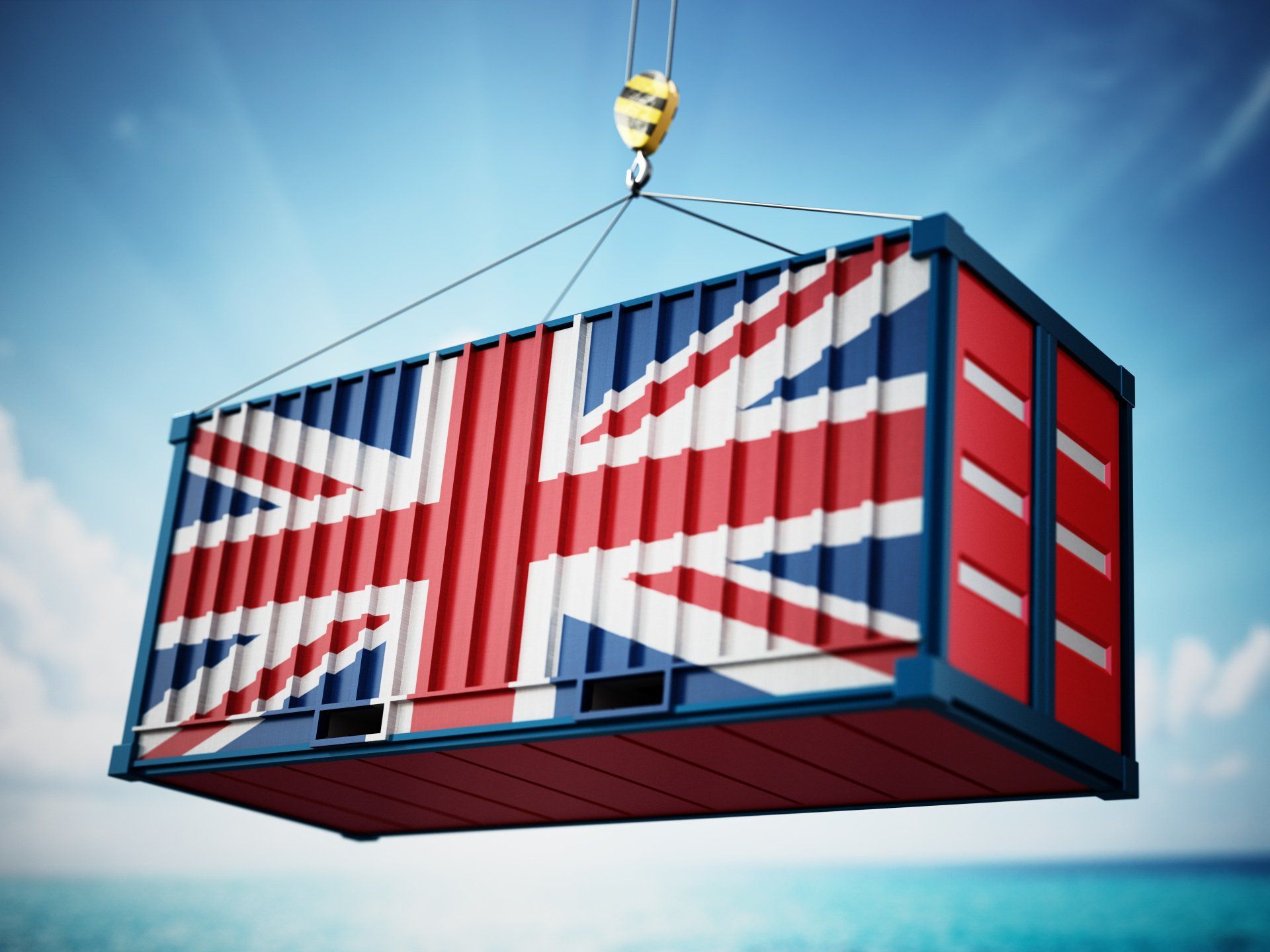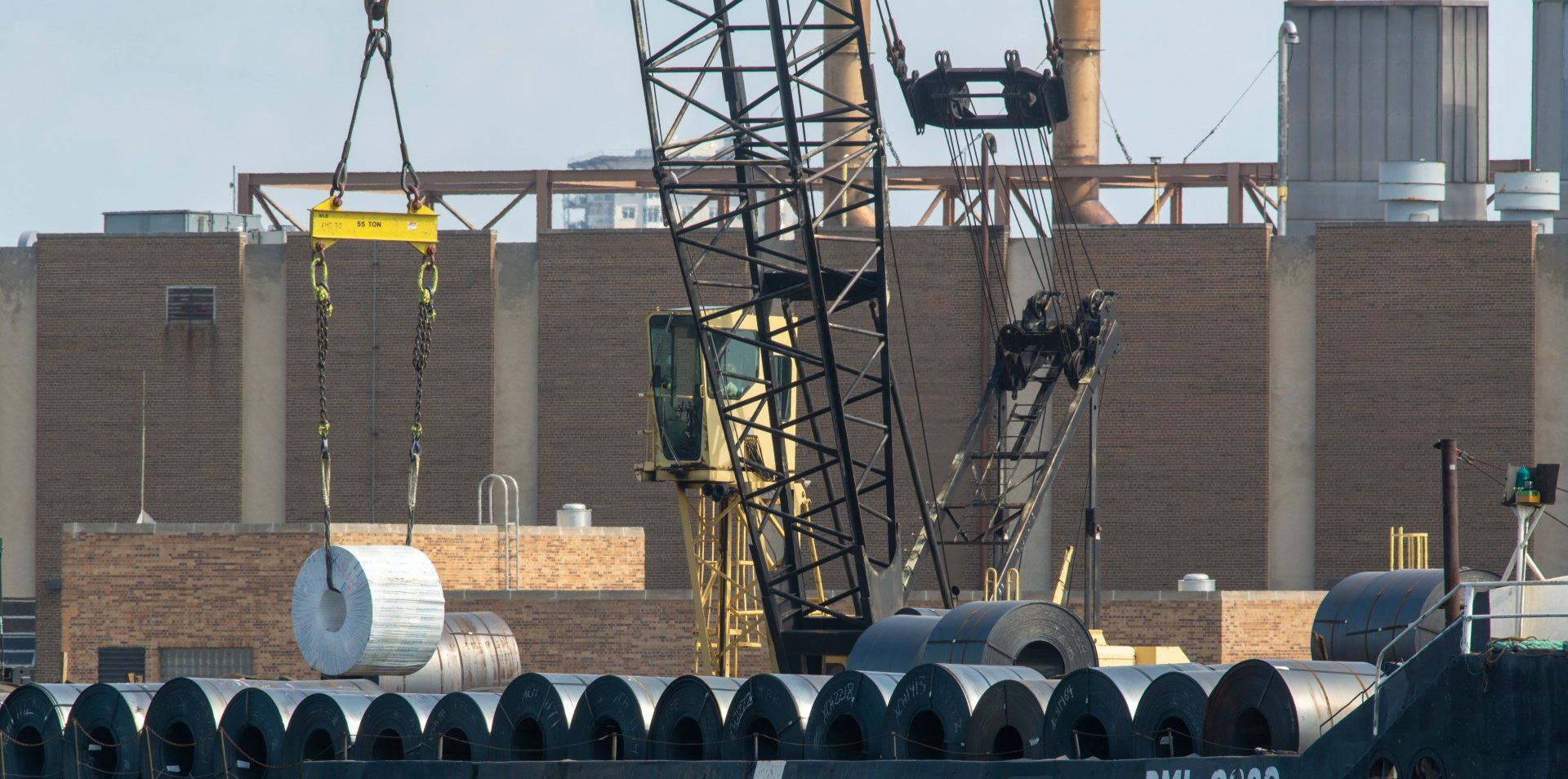HMRC Closing CHIEF Customs Platform by March 2023
The government have announced that the old Customs Handling of Import and Export Freight (CHIEF) system will be switched off by the end of March 2023 – exactly three years after originally planned.
The HM Revenue and Customs (HMRC) have worked towards replacing the CHIEF system with a new platform, the Customs Declaration Service (CDS) for years now. In fact, they aimed to turn off CHIEF by March 2020, with CDS originally due to be deployed by January 2019.
Back in August 2018, the government first began the initial phase of its roll-out of CDS, to replace CHIEF for handling import and export freight from outside the country. CHIEF, which had been in place for 25 years at the time, could handle only about 60 million customs declarations a year, but with Brexit, CDS was estimated to handle volumes of up to 255 million declarations annually.
The CDS system was due to become the only system to operate once the UK left the European Union (EU), but it was not ready to handle the large increase in customs declarations expert were anticipating. Instead, the UK government focused on updating CHIEF.
So instead of switching the CHIEF system down, HMRC launched a dual approach, with traders using CHIEF for customs declarations relating to imports in Great Britain, and CDS used for those relating to Northern Ireland until CDS had been scaled to handle the high volume of declarations expected.
The government now feel confident that CDS can be rolled out completely, and have organised to close the CHIEF system in two separate stages. On the 30th of September 2022, import declarations on the system will close, and by 31st March 2023, export declarations will close. The CDS has been described as “a key part of the government’s plans for a world-leading fully digitised border that will help UK businesses to trade and to prosper” and "this announcement will provide clarity for traders and the border industry. We are committed to making the switch-over as smooth as possible and are working to ensure traders are fully supported with the new processes.”
The focus on upgrading CHIEF, rather than focusing on the functionality of CDS, led to further costs and time, and was heavily criticised. But despite the issues of criticism, HMRC remained firm that the CDS would be ready by the time the UK left the EU, but as the date loomed, it became clear this was not going to be the case.
In November 2020, it was discovered that functionality of the CDS remained “unproven” and that HMRC was taking a “cloak-and-dagger approach”. Originally, the plan was that when the software for CDS was delivered at the beginning of 2020, so it could be tested out throughout the remainder of the year, and be rolled out to customers in the expected timeframe. However, it was then mandated that CDS would be the standard system used for Northern Ireland because it complied with the Unified Customs Code.
One of the key issues found at this time was that software suppliers, which needed to ensure traders had the right software in place to comply with CDS, did not have enough time to build, test and roll out the software to their customers.
Time will tell... let's wait and see if the government are able to stick to the dates announced - 30th September & 31st March 2023. We will keep you updated to the best of our ability.














